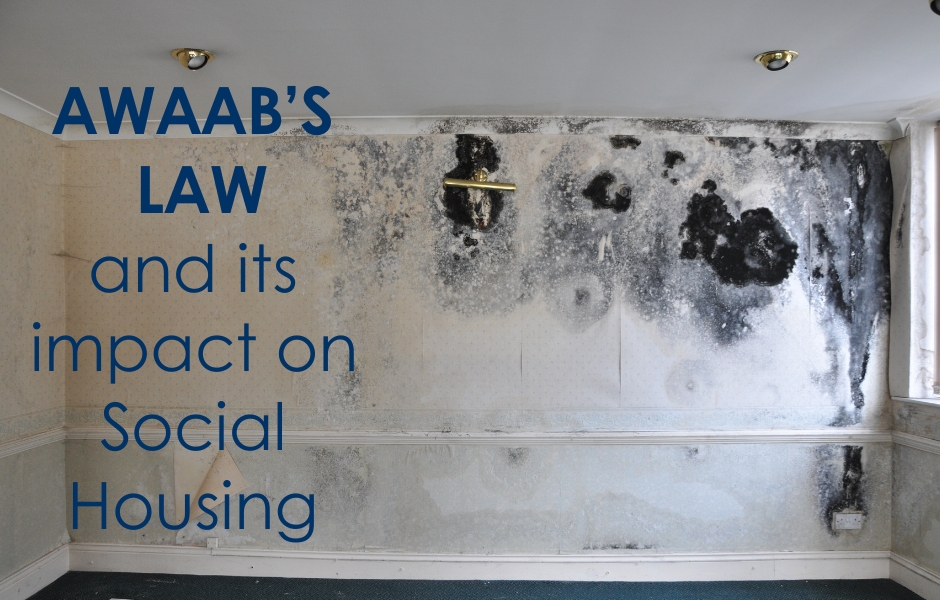REFORM OF LANDFILL TAX IN ENGLAND AND NORTHERN IRELAND: WHAT IT MEANS FOR YOUR PROJECTS
The UK government is reforming Landfill Tax in England and Northern Ireland and the changes will have a direct impact on construction and development project costs.
For clients commissioning new buildings, infrastructure, or major refurbishments, these reforms could mean higher waste disposal charges, stricter compliance requirements, and a greater emphasis on recycling.
WHY THE CHANGE?
Since 1996, Landfill Tax has been used to reduce the amount of waste buried in landfill sites. As the Government aims to move towards a more sustainable, circular economy and drive even more waste away from landfill, they are tightening the rules, with reforms being phased in over the next five years.
PROPOSED KEY CHANGES
- By 2030 one single rate tax – Currently there are two rates: a lower rate for inert waste, and a standard rate for most waste. By 2030, there will only be one rate – the higher, standard rate. Certain allowances, such as discounts for mixed “fines” from waste sorting, will end in 2027.
- Fewer Exemptions and Reliefs – Exemptions such as quarry backfilling, mining waste disposal, and some dredging-related activities will be removed by 2027.
- Harsher Penalties for Illegal Disposal – Waste dumped at unauthorised sites will be taxed at double the standard rate, with tougher enforcement expected across the industry.
COST IMPLICATIONS
In April 2025, the standard rate of Landfill Tax increased to £126.15 per tonne, up from £103.70 with the lower rate rising to £4.05 per tonne from £3.30
As the lower rate is phased out, a project generating thousands of tonnes of spoil could see landfill costs rise by millions of pounds by 2030 if waste is not minimised or diverted for reuse.
Example: The Cost of Disposing 5,000 Tonnes of Soil
Year Applicable Rate Total Landfill Tax Cost
2025 £4.05 per tonne (lower rate) £20,250
2030 £126.15 per tonne (single rate) £630,750
WHAT NEXT?
Following the initial 12-week consultation, which concluded on 21 July 2025, industry leaders have been granted additional time to submit further evidence regarding the potential impact of the proposed changes. According to The Times (17.10.25) implementation could be delayed by up to 12 months. Nevertheless, change is on the horizon and organisations should begin planning now.
We can help by forecasting the financial impact of these changes on your project and develop mitigation strategies which can help reduce tax costs as well as strengthening your projects ESG credentials too!


